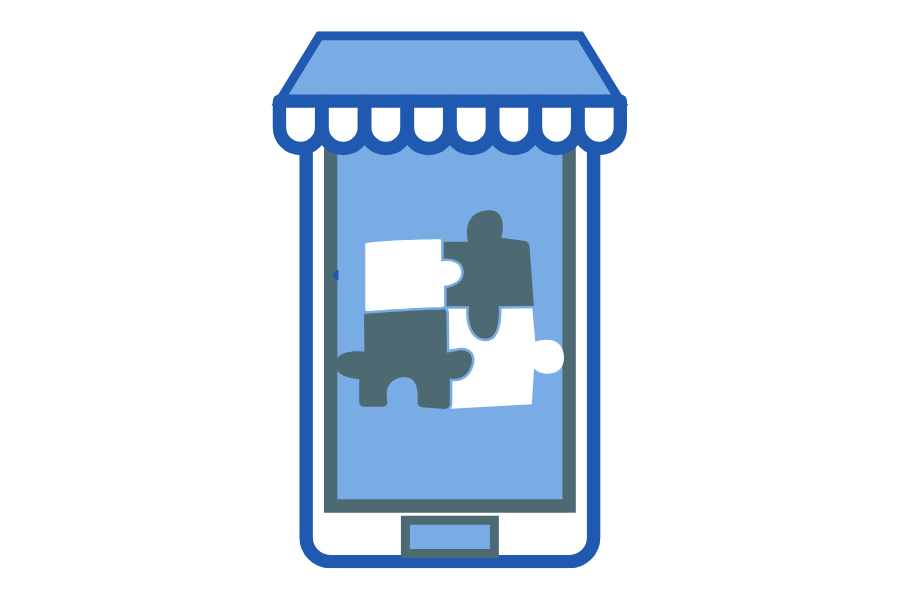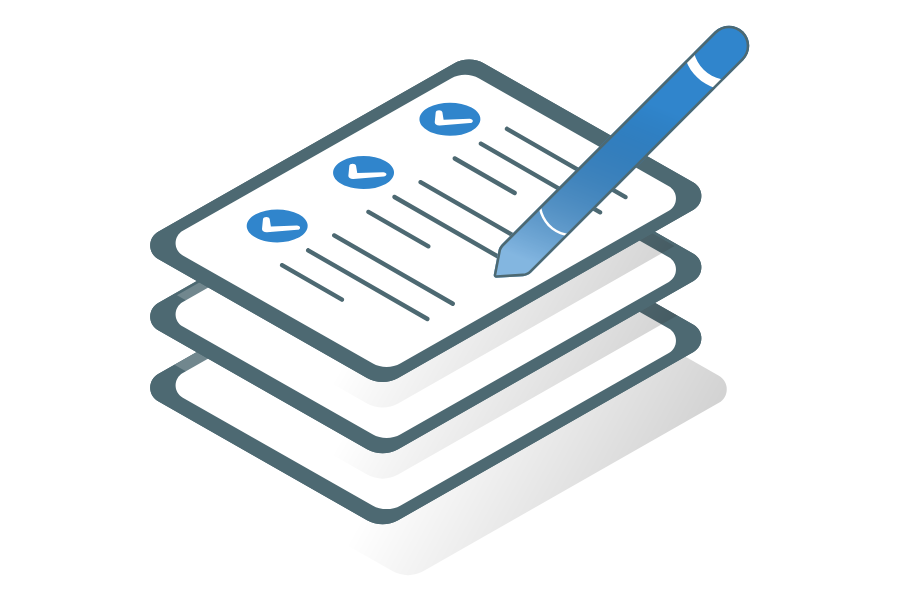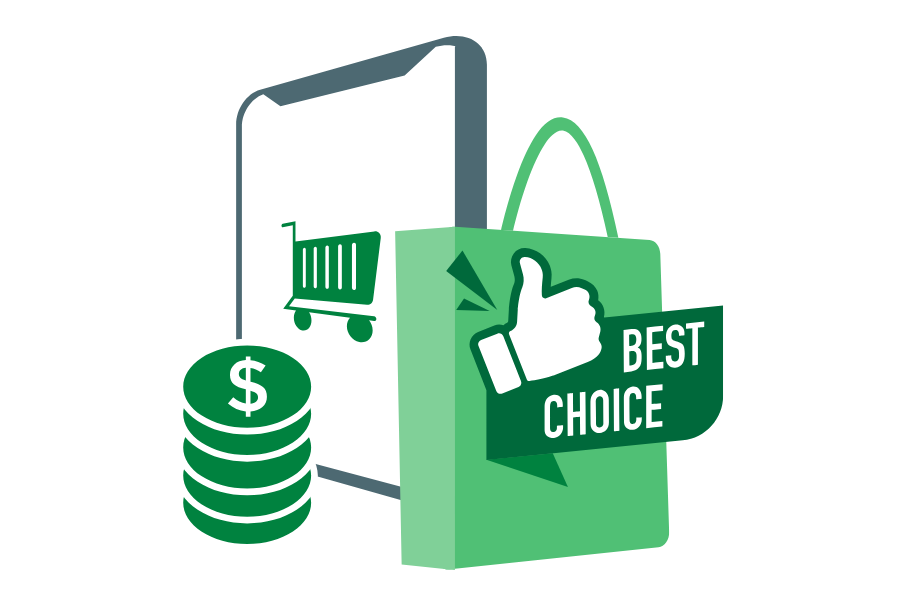Features to Look for in a Payroll System for US Small Businesses
For US small businesses, managing payroll isn’t just about paying employees on time—it’s about staying compliant with tax regulations, minimizing administrative burdens, and ensuring employees are satisfied with their pay experience. A well-designed payroll service can help automate processes, reduce human error, and integrate seamlessly with other financial tools.
With many payroll solutions on the market, it’s important to choose one that aligns with your business needs. Below are the key features to look for when selecting the best payroll system for your small business.
1. Automated Payroll Processing
One of the biggest advantages of a payroll system is automation. Instead of manually calculating wages, deductions, and taxes, a good payroll system:
- Automatically calculates wages based on employee contracts, hourly rates, or salary agreements
- Deducts taxes and benefits accurately to comply with legal requirements
- Processes payroll on schedule, ensuring employees are paid on time every cycle
- Reduces manual errors, preventing costly mistakes that could lead to payroll disputes or compliance issues
This feature is particularly valuable for businesses that are scaling and need to handle increasing payroll demands with minimal administrative effort.
2. Tax Filing and Compliance
Payroll taxes can be complicated, especially when federal, state, and local requirements vary. A reliable payroll system should:
- Automatically calculate payroll taxes, including FICA taxes in the US (Social Security and Medicare)
- Withhold the correct tax amounts from employee wages to ensure compliance
- Offer tax filing services that submit payroll tax forms directly to the IRS and state tax agencies
- Provide compliance updates to reflect changes in tax laws and prevent penalties
For small businesses, working with payroll experts who stay up to date with tax regulations can help reduce the risk of compliance issues and ensure payroll runs smoothly.
3. Employee Self-Service Portal
Empowering employees with access to their payroll information can significantly reduce administrative tasks. A self-service portal allows employees to:
- View and download pay stubs without needing HR assistance
- Update personal and tax details, such as direct deposit information or W-4 forms
- Access benefits and PTO (Paid Time Off) information
- Retrieve year-end tax documents, such as W-2s or 1099s, for easy tax filing
Providing employees with easy access to payroll data not only improves satisfaction but also reduces the number of inquiries HR and payroll staff must handle.
4. Direct Deposit and Flexible Payment Options
Employees expect fast and secure access to their wages. A modern payroll system should support:
- Direct deposit, allowing employees to receive their pay directly into their bank accounts
- Paycards or digital wallets, offering alternative payment methods for unbanked employees
- Multiple payment schedules, such as weekly, biweekly, or monthly pay runs
- Automated bonuses and expense reimbursements, ensuring employees receive extra payments without delay
Flexible payroll options improve employee satisfaction and reduce the costs associated with paper checks.
5. Time and Attendance Tracking
For businesses with hourly employees, remote teams, or flexible work schedules, integrating time-tracking with payroll is essential. A good payroll system should:
- Sync with time-tracking software to pull in employee work hours automatically
- Calculate overtime wages accurately, following Fair Labor Standards Act (FLSA) guidelines
- Prevent payroll discrepancies caused by manual entry errors
- Offer GPS-based tracking or biometric clock-ins for businesses that require accurate employee time verification
Without accurate time tracking, payroll errors can result in underpayment, overpayment, or compliance issues related to overtime laws.
✅ Why juggle payroll and accounting? Get both services under one roof with real-time sync. Explore our solution here.
6. Seamless Integration with Accounting Software
Payroll data doesn’t just affect employee wages—it also impacts overall business finances. Look for a payroll system that integrates with:
- Accounting software like QuickBooks, Xero, or FreshBooks to automatically sync payroll data with financial records
- Tax software, making it easier to track tax liabilities and deductions
- HR and benefits platforms, ensuring payroll deductions align with employee benefits
By integrating payroll with other financial systems, small businesses can avoid double data entry and ensure financial reports are always up to date.
7. Reliable Customer Support and Training
Payroll can be complex, and when issues arise, having reliable support is crucial. The best payroll systems provide:
- Live customer support, including phone, chat, or email assistance
- Extensive knowledge bases and training resources, such as video tutorials and step-by-step guides
- Dedicated account managers for businesses that need personalized payroll guidance
This ensures that when payroll challenges arise—whether it’s a tax compliance question or a technical issue—you have expert assistance readily available.
8. Comprehensive Payroll Reporting and Analytics
Small businesses need insights into payroll costs, tax liabilities, and labor expenses to make informed financial decisions. A strong payroll system should offer:
- Detailed wage and tax reports to track payroll expenses over time
- Customizable reports for audits and compliance tracking
- Real-time analytics, allowing business owners to monitor payroll trends and cash flow impact
With clear reporting, businesses can plan for future expenses, identify cost-saving opportunities, and ensure financial stability.
9. Security and Compliance Measures
Since payroll involves handling sensitive employee and financial data, security is a non-negotiable feature. The right payroll system should have:
- Data encryption to protect employee payroll records
- Two-factor authentication for added security when accessing payroll systems
- Access controls, ensuring only authorized personnel can make changes
- Compliance with labor laws, such as the Fair Labor Standards Act (FLSA), to avoid legal risks
With cyber threats and data breaches on the rise, investing in a secure payroll system helps protect your business and employees.
Summary
Choosing the right payroll system is a vital step for US small businesses looking to streamline payroll processes, improve compliance, and enhance employee satisfaction. By focusing on automation, tax filing, accounting integrations, and security, business owners can save time, reduce errors, and stay compliant with evolving payroll regulations.
Complete Payroll Management Service
Don’t let payroll complexity slow you down. Our team handles everything—from employee payments to tax deposits and filings. We manage compliance deadlines, calculate withholdings, and ensure timely payments. Plus, your payroll seamlessly syncs with your books.
Unlike firms that outsource to third-party providers, we handle your payroll in-house. Get expert support and direct access to your Customer Success Manager via SMS for any questions.
Ready to get started? Chat with us now, email [email protected], or use our contact form.







